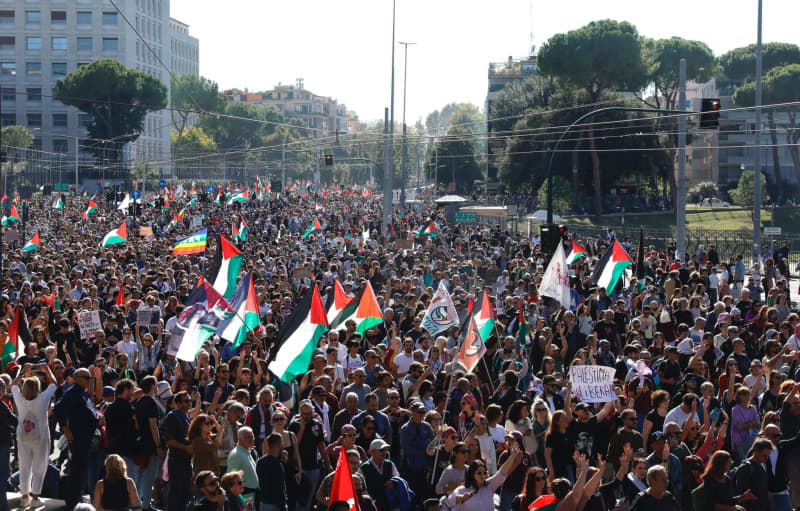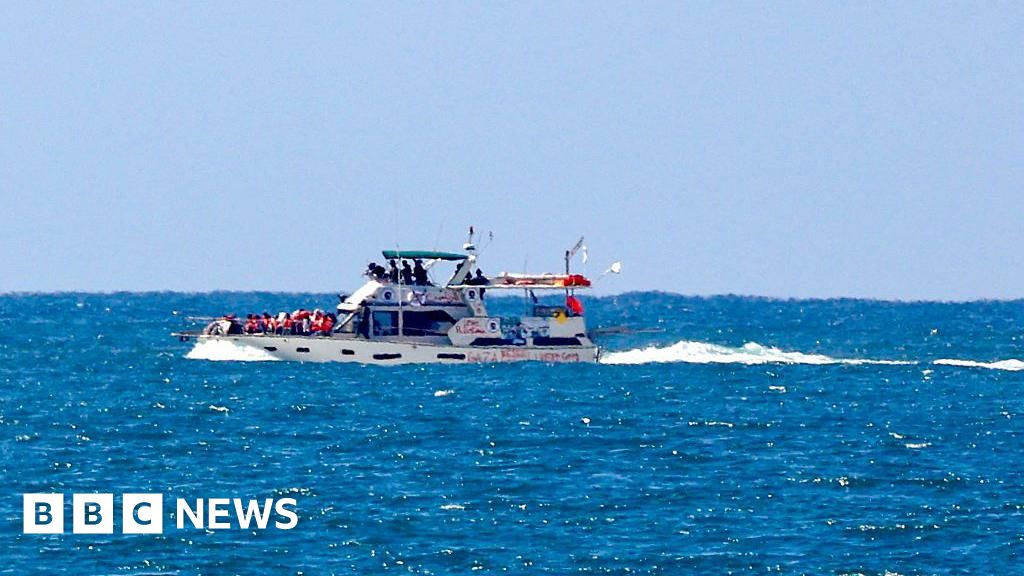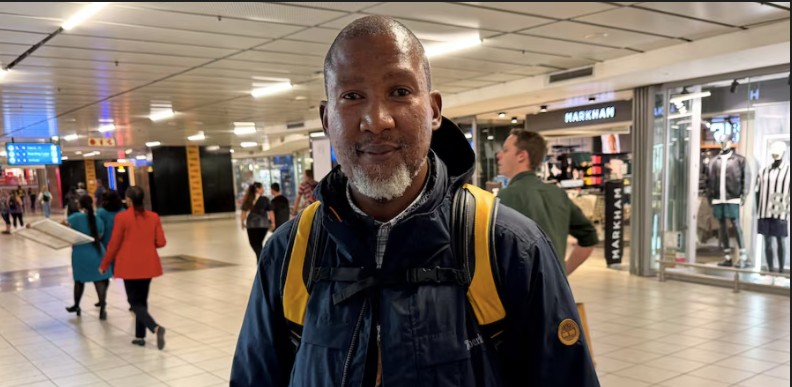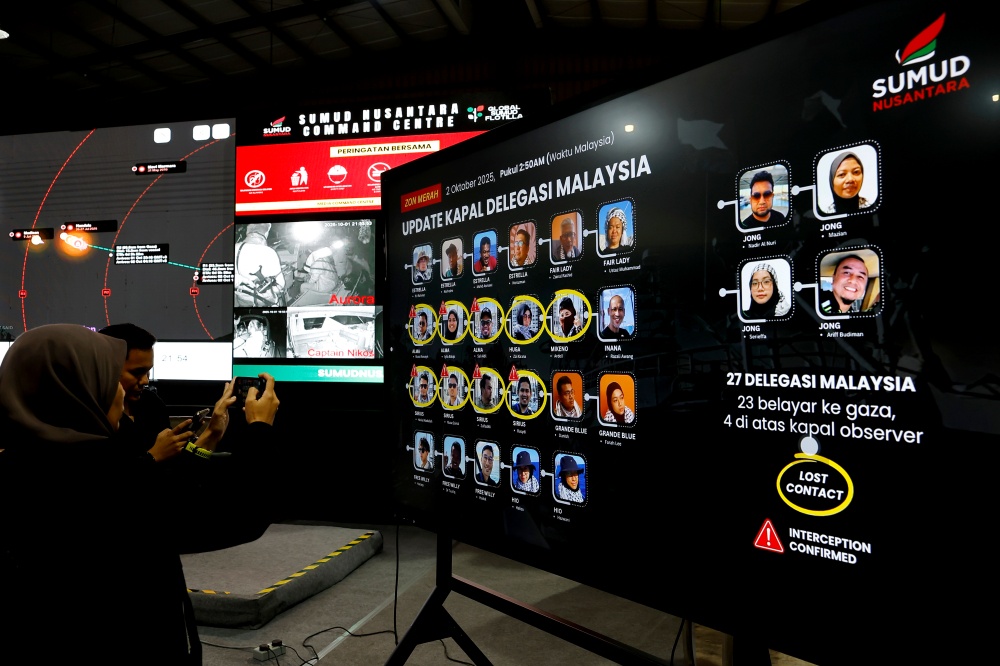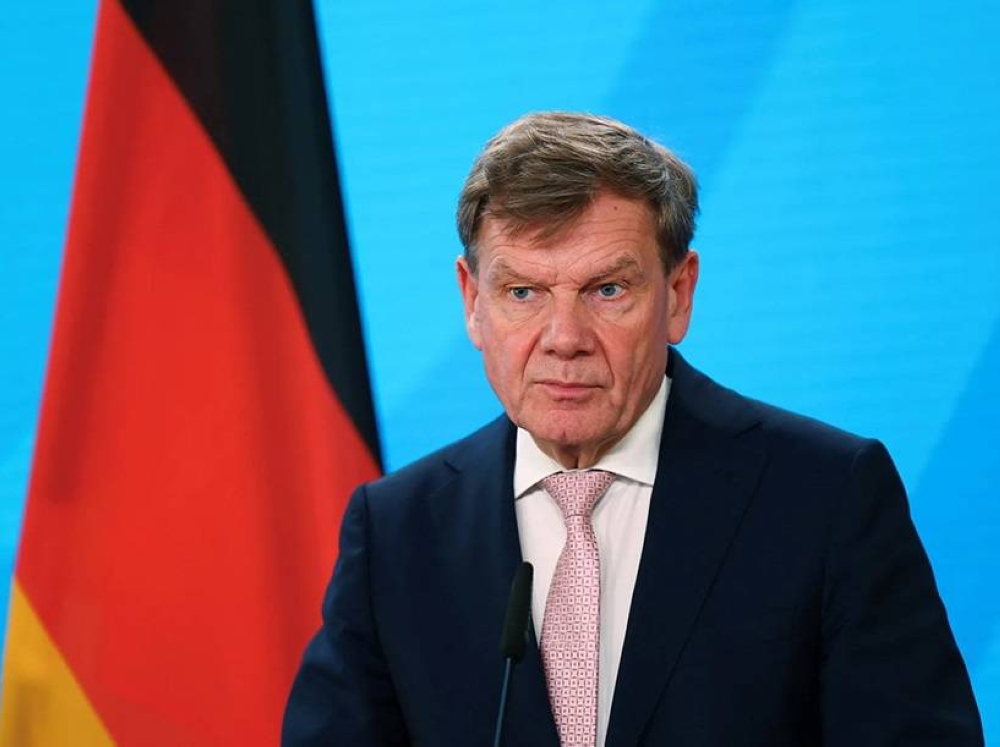Italy Grapples with Mass Protests Following Gaza Flotilla Interception
Across Italy, widespread protests and strikes erupted in early October 2025, triggered by the Israeli Navy's interception of the Global Sumud Flotilla, a humanitarian aid convoy en route to Gaza. The events paralyzed the nation, sparking debates over Italy's stance on the Israeli-Palestinian conflict and the actions of Prime Minister Giorgia Meloni's government.
Nationwide Strike and Demonstrations
Organized primarily by the CGIL, Italy's largest trade union, the nationwide strike on Friday, October 3rd, saw over two million people participating in rallies across more than 100 cities. The protests aimed to express solidarity with the Gaza residents and condemn the interception of the aid flotilla. Major cities like Rome, Milan, Turin, and Florence witnessed significant disruptions, with transport services, schools, and ports affected.
- The strike halted rail, air, metro, and bus transport, healthcare, and schools.
- Highways near Pisa, Pescara, Bologna, and Milan were blocked.
- Access to the port of Livorno was shut down.
In Rome, approximately 300,000 protesters marched through the streets. Other gatherings included roughly 100,000 in Milan, where clashes with police occurred after protesters blocked a highway. Protests also spread to sporting events with protesters targeting the gates of Italy's national soccer team training center, demanding the World Cup qualifier against Israel be suspended.
Political Reactions and Criticisms
Prime Minister Giorgia Meloni, a staunch supporter of Israel, criticized the strike as politically motivated and an attempt to undermine her government. She condemned the flotilla activists as "irresponsible" and argued that their actions would not benefit the Palestinian people. However, she faced mounting pressure to re-evaluate Italy’s position on the conflict, given the humanitarian crisis unfolding in Gaza.
"I still believe that all this brings no benefit to the Palestinian people. On the other hand, I understand that it will cause a lot of problems for the Italian people," - Giorgia Meloni.
Opposition parties and various segments of the public expressed dissatisfaction with Meloni's cautious stance on the conflict. Some demanded a stronger condemnation of Israel's actions, a total arms embargo, and full recognition of a Palestinian state. However, Meloni stated that recognizing a Palestinian state was conditional on the release of Israeli captives and the disarming of Hamas.
The Global Sumud Flotilla and International Response
The Global Sumud Flotilla comprised over 40 ships carrying more than 400 activists from dozens of countries, including prominent figures like Greta Thunberg and Mandla Mandela. Their goal was to deliver humanitarian aid to Gaza, challenging Israel's blockade. The Israeli Navy intercepted the flotilla, detaining the activists.
- The interception was condemned by the Palestinian foreign ministry as a violation of international law.
- Protests in support of the flotilla erupted in cities around the world, including Barcelona, London, and others.
- Israel stated that the flotilla violated a "lawful blockade," while activists asserted that the blockade itself is illegal under international law.
In Israel, counter-protests occurred, with activists blocking routes into Gaza and demanding that seized aid be allowed to enter. Some called for an end to the "genocide" and for sanctions to be imposed on Israel.
Aftermath and Future Implications
The events have amplified divisions within Italy and put immense pressure on Meloni's government. The protests also highlighted the complexities and international ramifications of the Israeli-Palestinian conflict. While Italy continues to grapple with the fallout from the Gaza flotilla interception, the future direction of its foreign policy and its relationship with Israel remain uncertain.
| Event | Description |
|---|---|
| Flotilla Interception | Israeli Navy intercepted the Global Sumud Flotilla, a humanitarian aid convoy bound for Gaza. |
| Nationwide Strike | Italy's largest trade union, CGIL, organized a nationwide strike in protest. |
| Protests Across Italy | Massive demonstrations took place in major cities, disrupting transportation and public services. |
| Political Backlash | Prime Minister Giorgia Meloni faced criticism for her government's response. |
| International Reaction | The interception sparked protests worldwide and condemnation from various organizations. |
 Visit the website
Visit the website
